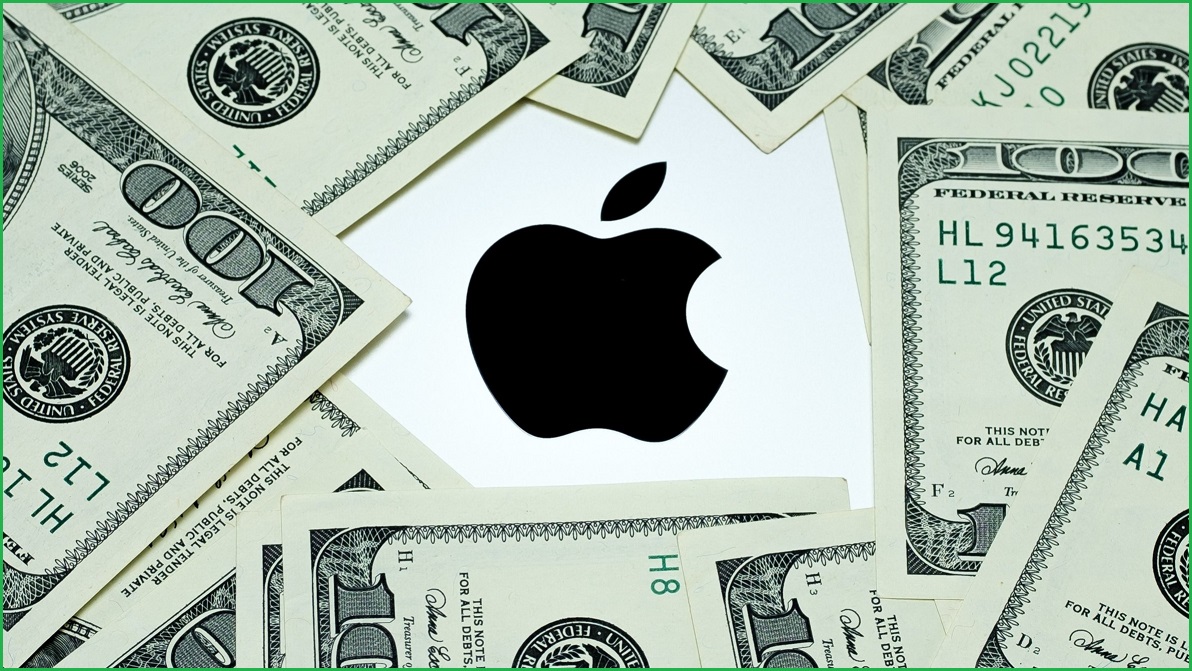Apple will need to fork out $21.5 billion (€13 billion) of unpaid taxes in Ireland as Europe’s top court wraps up an eight-year long legal battle.
In 2016, the European Commission found Ireland had given “illegal tax benefits” to two Apple subsidiaries based in Ireland.
This accusation was based on activity between 1991 and 2014, during which some IP-related profits were excluded from the tax base of Apple Sales International and Apple Operations Europe.
According to the European Court of Justice (ECJ), these profits were excluded on the grounds that the companies’ head offices were located outside Ireland, and management of their licences depended on decisions happening in the US.
As such, the European Commission found Ireland’s tax rulings had conferred on those companies ‘State aid’ which was “unlawful”, “incompatible with the internal market”, and which benefited “the Apple Group as a whole”.
Notably, Ireland has staunchly refuted the tech giant’s taxes should be paid.
While the European Commission first ordered Ireland to recover the State aid in 2016, Ireland and Apple’s subsidiaries appealed, and in 2020, the lower court of the ECJ annulled the commission’s decision.
Now, the ECJ has given its final judgement – ruling Ireland did indeed grant Apple “unlawful aid which Ireland is required to recover”.
The Irish government confirmed it will respect the ruling, though on Tuesday it said the case involved an issue which is “now of historical relevance only” given changes to the country’s tax system over the past decade.
According to the BBC, Apple said the case “has never been about how much tax we pay, but which government we are required to pay it to.”
“We are disappointed with today’s decision as previously the General Court reviewed the facts and categorically annulled this case,” said Apple.
“The European Commission is trying to retroactively change the rules and ignore that, as required by international tax law, our income was already subject to taxes in the US.”
The Irish government said the process of transferring funds from a third-party escrow fund to Ireland had commenced as of Tuesday.
The judgement comes only a day after Apple unveiled its latest iPhone 16 series at reduced prices in Australia.
A rare and controversial ruling
Nathan Watt, director at Brisbane financial consulting firm Watson & Watt, told Information Age the order against Apple is “highly unusual”.
“Ireland wasn’t even chasing the money and Ireland believes they aren’t owed anything,” said Watt.
“It’s not really a tax avoidance case.
“Ireland and Apple struck a deal to entice tech companies to base their operations in Ireland, and both Apple and Ireland fulfilled their sides of the deal.”
Apple has meanwhile reiterated it “always pays all the taxes” it owes, and that its circumstances with Ireland were not a “special deal”.
EU antitrust chief Margrethe Vestager celebrated the back-payments as a “huge win for European citizens and tax justice”, citing long-standing issue of some corporations paying “almost no tax” in Europe by “abusing loopholes and asymmetries between different tax systems”.
Meanwhile, commenters on social media site X argued that the EU is a “regulatory hell” which is losing its international appeal.
“How can a business have comfort that they aren’t going to get hit with something 20 years down the track from an agreement they had made in good faith and abided by?” said Watt.
“It would be raising serious questions about any subsidies which EU countries propose going forward.”
Google hit with 7-year old fine
The ECJ didn’t stop with Apple, however: on Tuesday, the court dismissed an appeal from Google to overturn a $3.97 billion (€2.4 billion) fine it copped back in 2017.
The fine was handed to Google by the European Commission, which found in 13 countries, Google’s general search results pages gave preference to its own comparison shopping service over those of competitors.
According to the court, Google had presented search results from its own comparison shopping service in a “primary position” and had promoted them in “boxes” with accompanying attractive image and text information.
The ECJ upheld the $3.97 billion fine, stating Google’s conduct was discriminatory, and did not fall within the “scope of competition”.
Apple was recently charged for a similar case under new EU laws, with the tech giant accused of restricting third-party app developers from directing users to cheaper software marketplaces outside of Apple’s App Store.
Watt suggested these recent EU crackdowns are likely aimed at the “enormous financial resources” of the respective tech giants.
“Going after tech giants is both financially rewarding and would do some political point scoring as well,” he said.
Vestager meanwhile said the case against Google demonstrated “even the most powerful tech companies could be held accountable”.
“No one is above the law,” he said.










